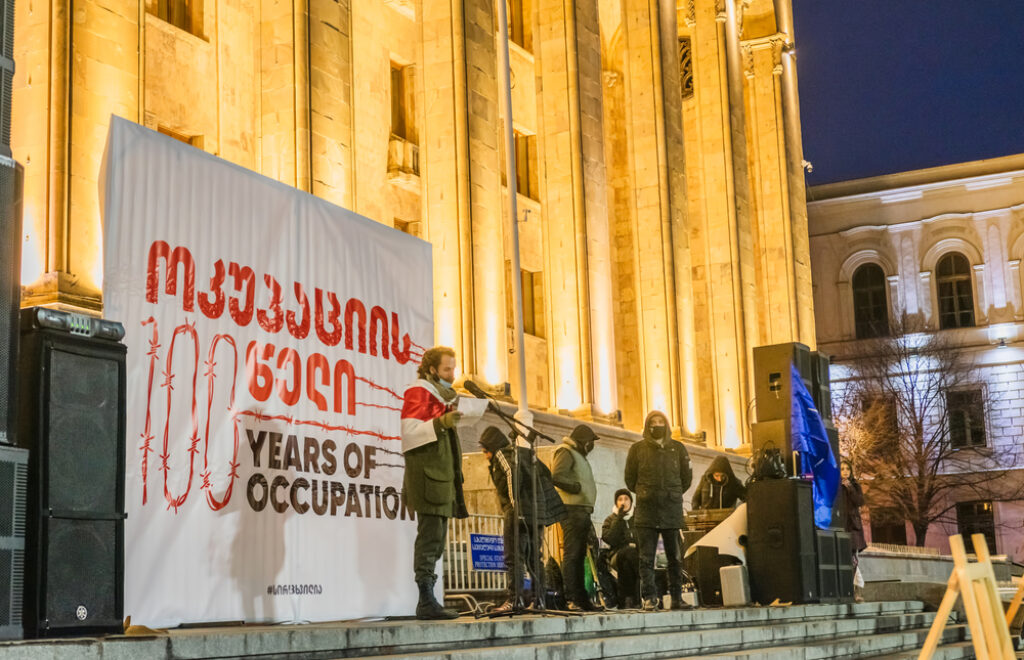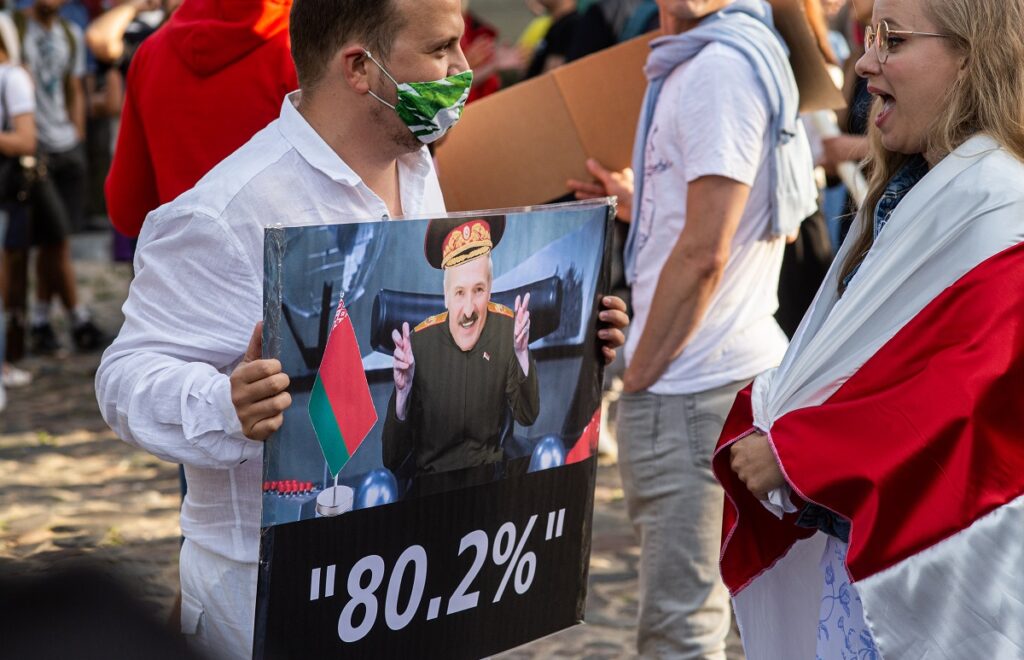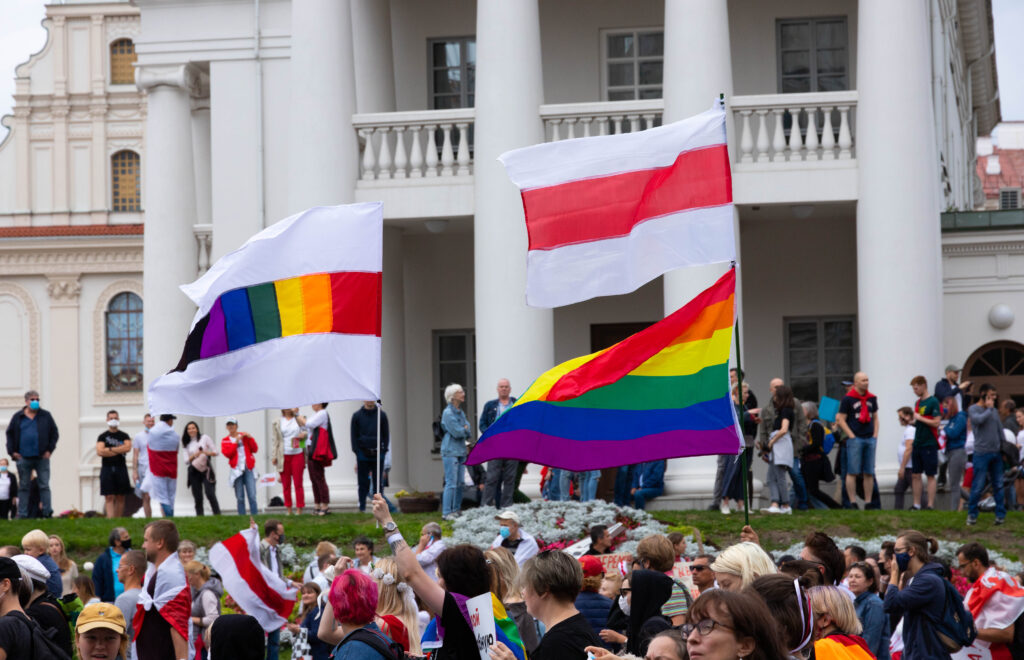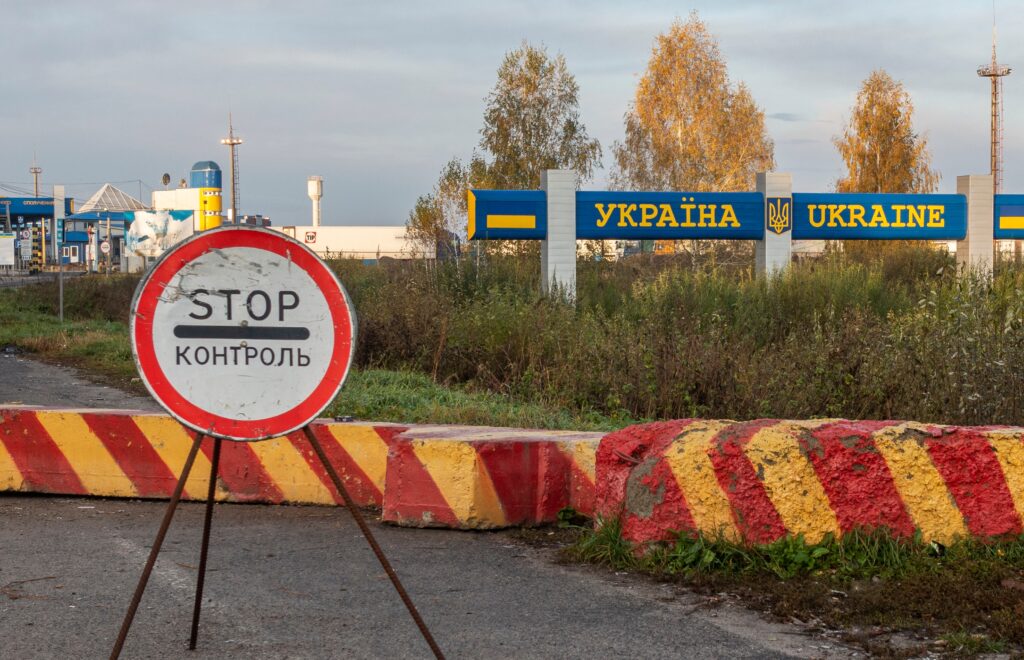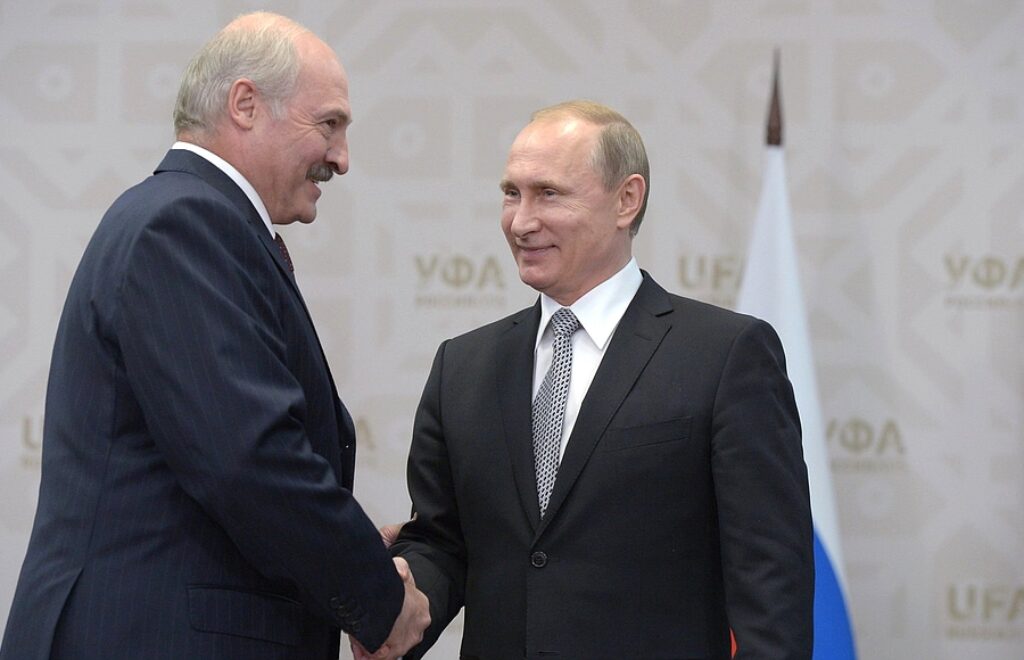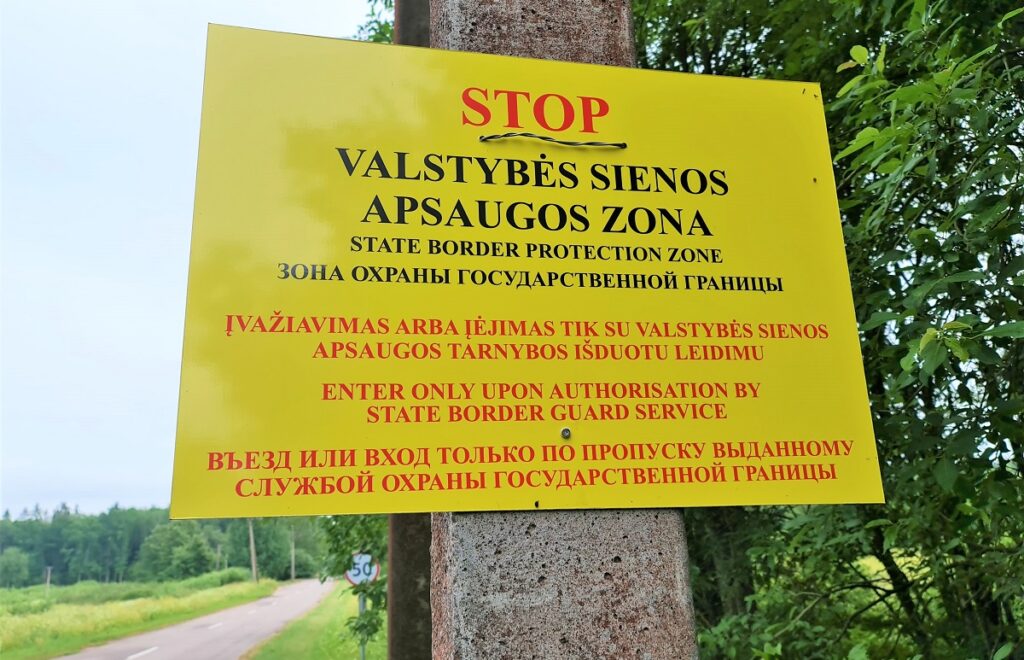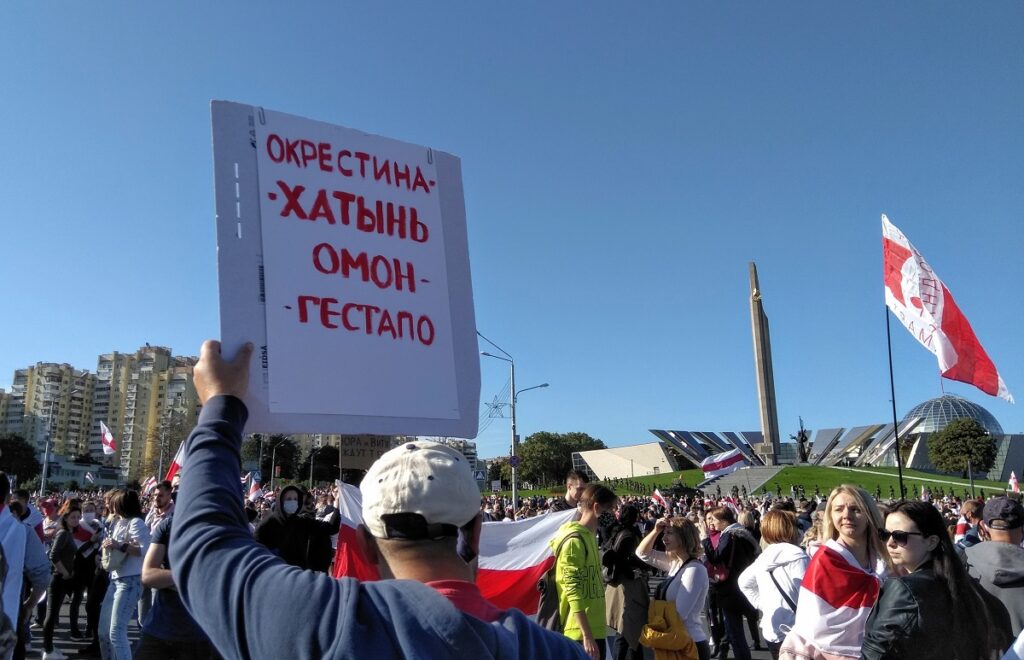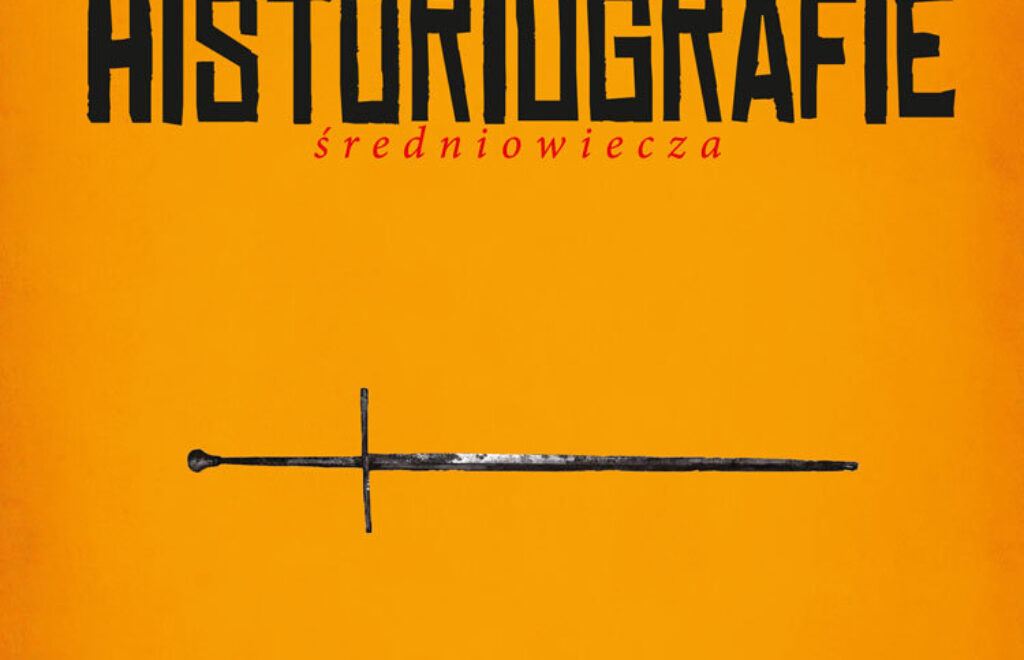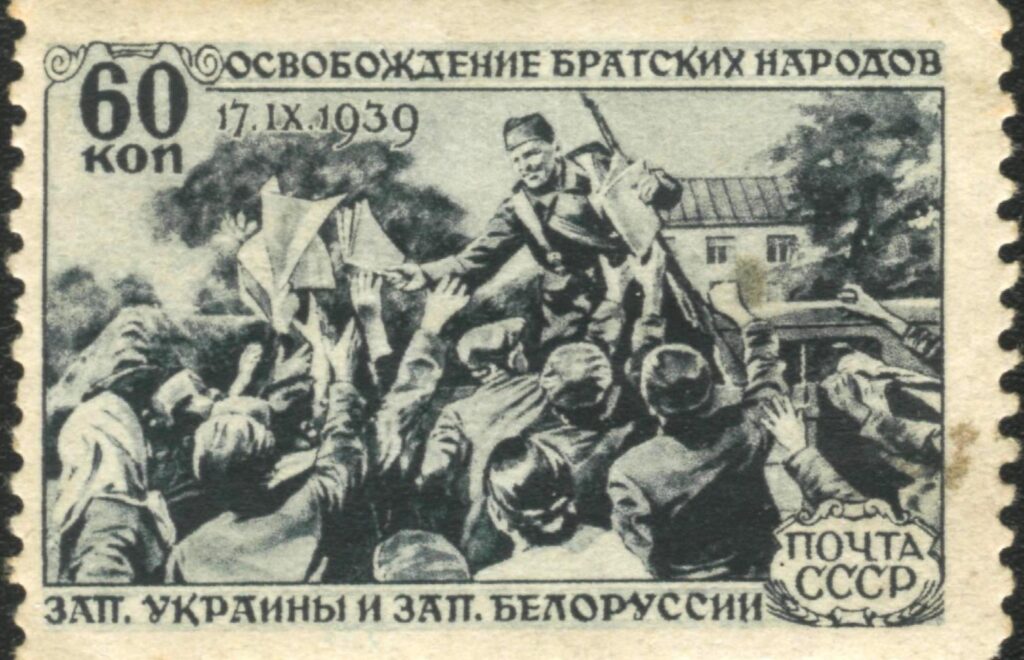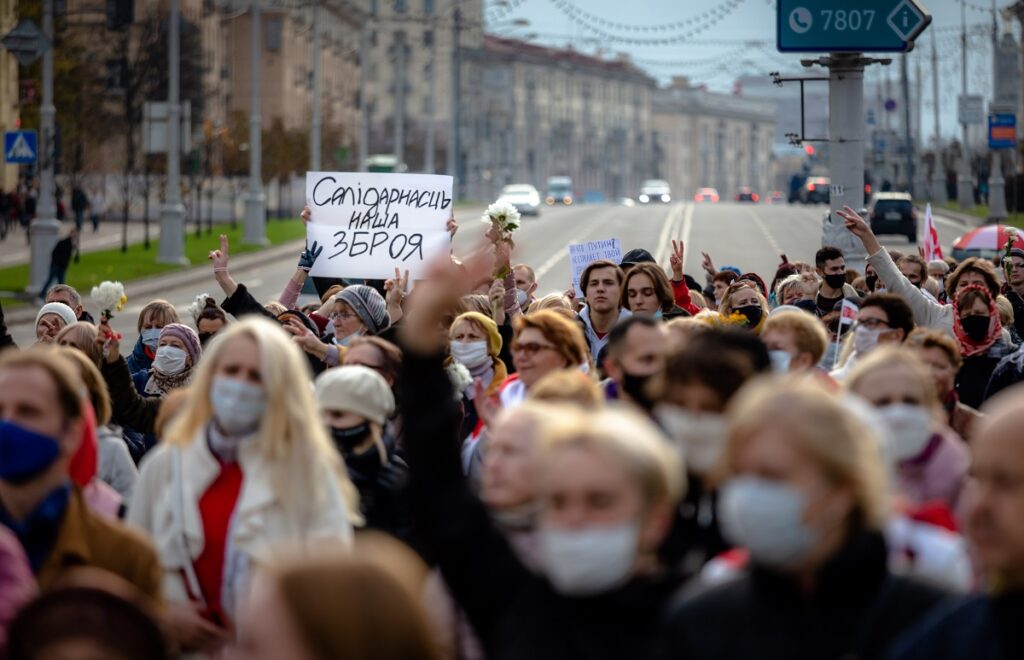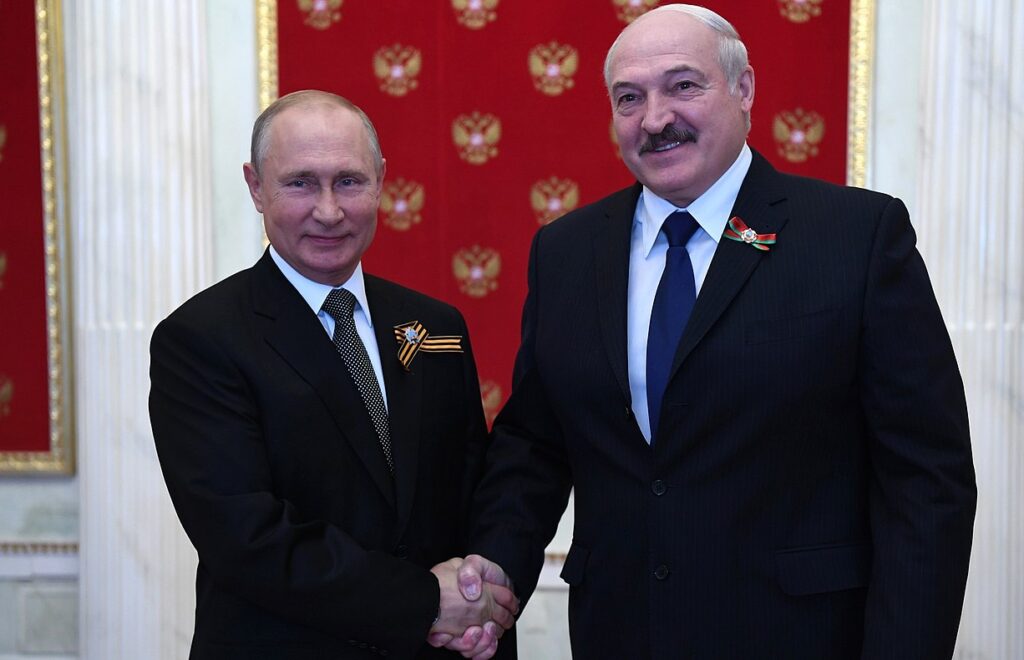As of September 28th 2021, 4,163 migrants have illegaly crossed Lithuania’s border with Belarus. To deter migrants – now and for good – Lithuania has pinned its hopes on a fence along the frontier.
Rudninkai, a sleepy Lithuanian settlement of 500 inhabitants in the Salcininkai district along Lithuania and the EU’s border with Belarus, has been in both the local and international media spotlight this summer. Over 700 illegal male migrants had been placed for nearly three months in a makeshift tent camp, which is now eerily empty. All the migrants, mostly Iraqis, Kurds, Afghans and Sri Lankans, have been moved from the settlement to a former correctional facility in Kybartai, in the south-western district of Vilkaviskis near the Russian border. At the same time, around 400 vulnerable migrants have been moved to a refugee reception centre in Rukla, which is located in the central Jonava district. Some others are still living in municipal shelters, mostly crumbling dormitories in municipalities located along the 680 kilometre border with Belarus.
December 1, 2021 -
Linas Jegelevicius


